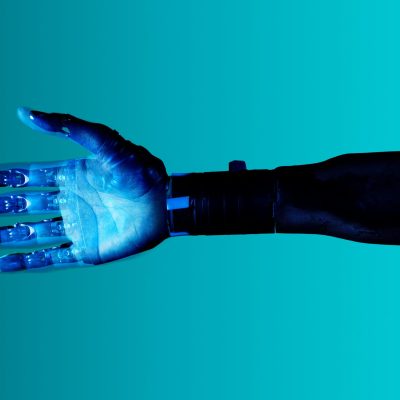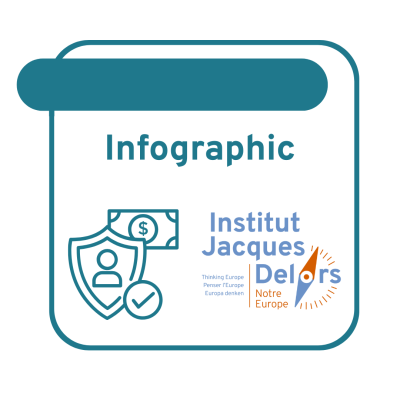Europe facing the disengagement
Newsletter October 2024

The past month has been marked by the announcement of the new College of Commissioners by Commission President Ursula Von der Leyen. Before taking office in early December, this college must undergo the hearing process and then obtain the approval of the European Parliament. However, the structure chosen for its organisation already reflects a reaffirmed determination for this new Commission to align itself with the challenges facing Europe and its citizens.
One word that encapsulates many of these challenges is dropout. The reports by Enrico Letta on the single market and Mario Draghi on competitiveness make the same point. They propose a number of solutions that can be summed up in two verbs: invest and defragment. Europe’s lagging behind the United States is rooted in the 2008 financial crisis. For the U.S., the crisis highlighted the unstoppable rise of China since its accession to the WTO in 2001 and the threat that this posed not only to American hegemony but also to its economic dynamism. A number of American economists pointed to the risk of secular stagnation linked to the low productivity of the US economy, a sort of American Dropout.
To get out of this situation, Barack Obama invested over $400 billion in a stimulus plan to massively develop shale oil & gas in order to reduce the country’s energy dependence on the Middle East, but also lowering energy cost and, ultimately narrowing the production cost gap with China. A few years later, the United States has once again become the world’s leading exporter of fossil fuels. It is even positioning itself as a price-setter in the global market, much to the dismay of the OPEC+ countries.
Donald Trump implemented a counter-cyclical stimulus policy by passing massive tax cuts through Congress, despite U.S. growth being at an all-time high. Two years later, he initiated a trade war against first Canada, Mexico and the European Union (we often forget), then China. While this had limited impact on the US trade deficit, this policy has resulted in a ‘renormalisation’ of US protectionism and the beginnings of technological decoupling for the most part. Following the example set by Japan in the early 1990s, one of the aims of this policy was probably to slow the economic growth of competing economies.
The COVID-19 pandemic and Joe Biden’s election confirmed the return of a strategic state in the United States, marked by the massive investment plan in infrastructure, the Inflation Reduction Act and the Chips Act. In 4 years, the administration has invested nearly 30% of US GDP in the economy. The Cold War’s arms race has been revisited as a sort of investment race, with China not far behind the US with its Silk Roads and Made in China 2025 strategy.
The European Union has not stood idly by in the face of the competition between these two great powers. Numerous initiatives have been launched since the 2008 crisis, as well as during the COVID pandemic and following the Russia’s invasion of Ukraine. The economic and technological challenges posed by the EU dropout is now well-recognized, and the incoming European Commission appears designed to address them.
However, like the U.S., the challenge is also a political one. It involves safeguarding European democracy, which has been strained by global instability, a sense of insecurity about the future among some Europeans, and tendencies toward isolationism. From this perspective, the proposed solutions to these issues seem to suffer from some limitations. Its social dimension remains vague, if not almost absent and the low number of social-democratic commissioners is not reassuring. While there is a vice-presidency for territorial cohesion but his proximity with Mrs Meloni, which risks limiting its room for manoeuvre.
One notable innovation of this new Commission, however, appears in several of the mission letters sent to the Commissioners, is the will to develop a foreign economic policy. This remains to be fully defined and implemented, but it could provide coherence to several recent European initiatives, such as the economic security strategy and the existing trade policy, or the Critical Raw Materials Act and a revisited European foreign policy. Notably, for the first time, the High Representative of the European Union, who is also a Vice-President of the Commission, will oversee multiple Commissioners.




